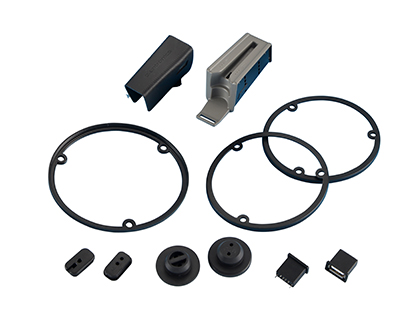
Liquid silica gel manufacturers tell you that mechanical sealing technology has brought benefits to many industries
A general mechanical seal is a method of connecting systems or mechanisms to stop leaks in a structure. In the fluid handling business (commonly used pumps), this means much narrower. It is commonly used in sealed shaft pumps, mixers and agitators.
Mechanical packaging needs certain leakage to avoid overheating and burn. Mechanical packaging is still fluid and is not dangerous for regular use. The cooling water pump is a good example because the packaging still uses cold water to control small leaks without posing a risk. Mechanical packaging is usually handled with mechanical seals, but if the industry is considered dangerous, the use of mechanical packaging is prohibited even if small, pump leakage is unacceptable for environmental or fire safety reasons. The answer, of course, is a mechanical seal.

Mechanical seal friction mainly occurs in the axial direction, between the face (seal ring) stack height. Compensation for worn axial springs or bellows. Mechanical seal technology is not new. For decades, it has been accepted in many industries. In most cases, it has proved to be effective and reliable. Designs and materials range from a home heating circulating pump to a thermal 380C hydrocarbon pump in a refinery or 100 crude oil delivery pumps, costing from $10 to $20,000 or more, depending on the specific job.
Mechanical seal technology for each industry will have a certain common drive field experience. Silicone ring manufacturers tell you that some industry even acceptable standards will be required to specify a low seal design. API 682 standard manufactured for use in the petroleum industry seals are a good example. Users specifying such standards in their purchase requirements greatly benefit them from being protected from low quality or poor design. In many industries there are so-called supplier lists. Supplier a company that must be approved by the company to supply its products.